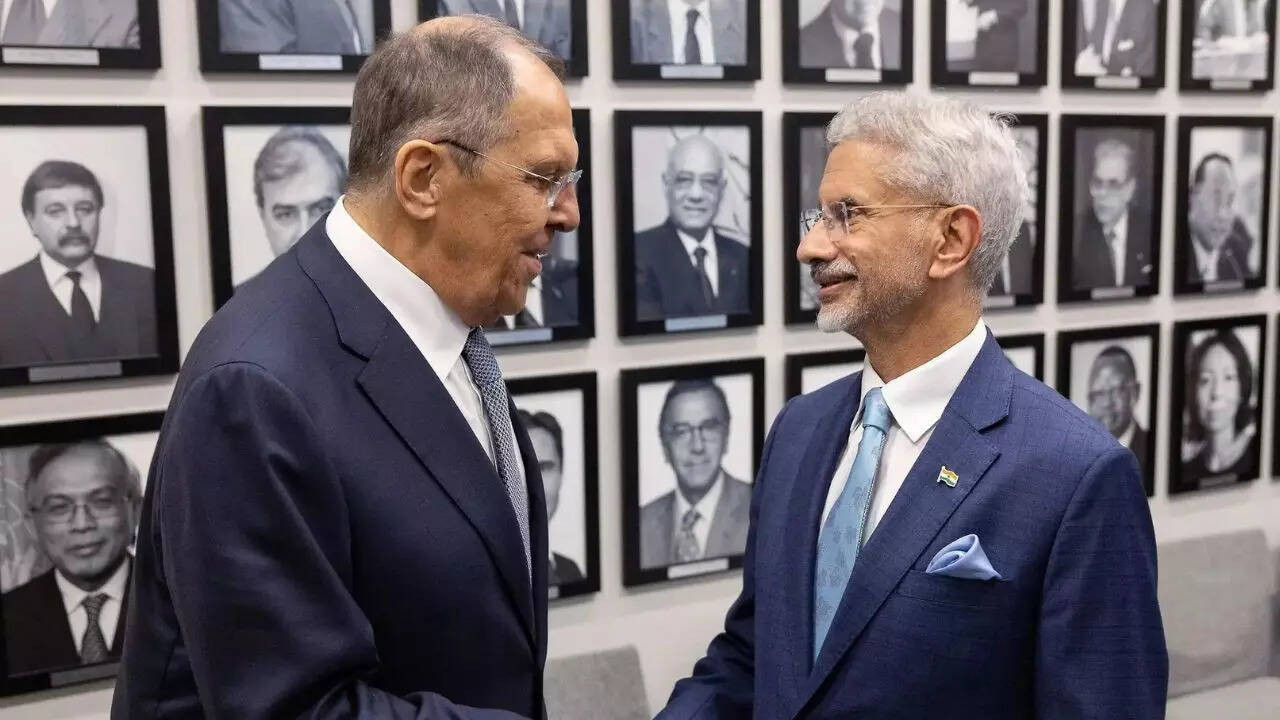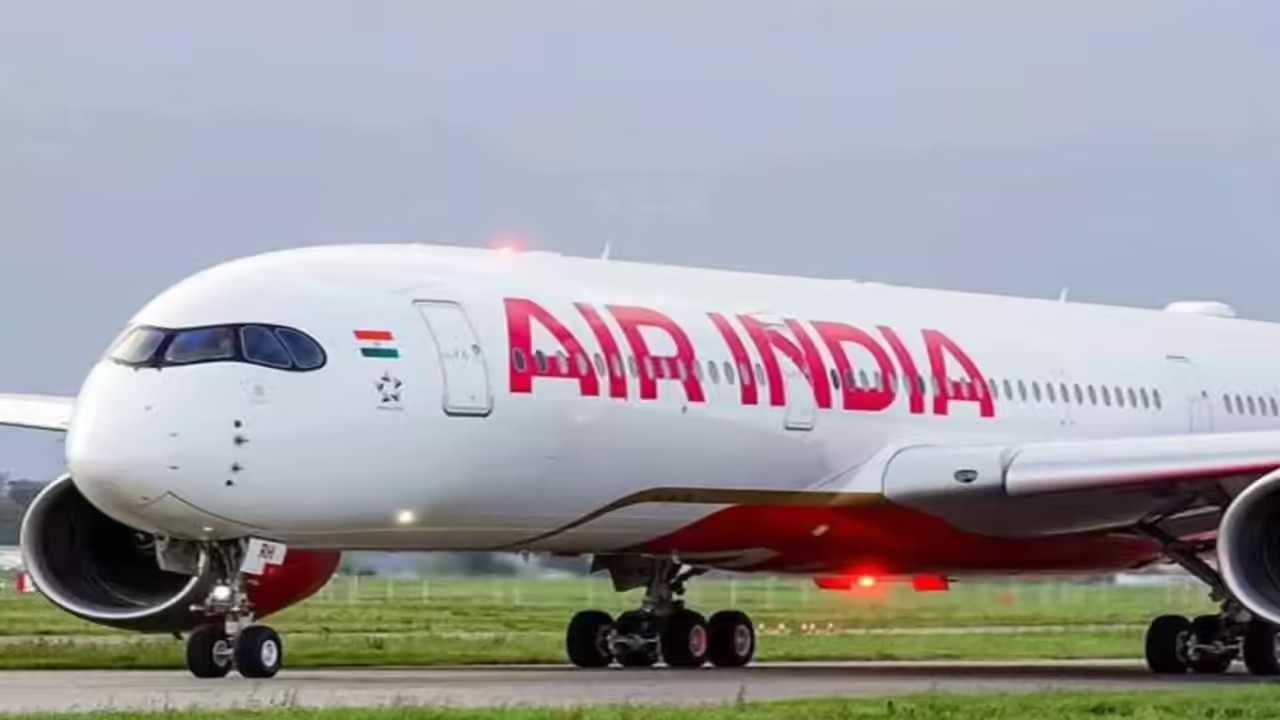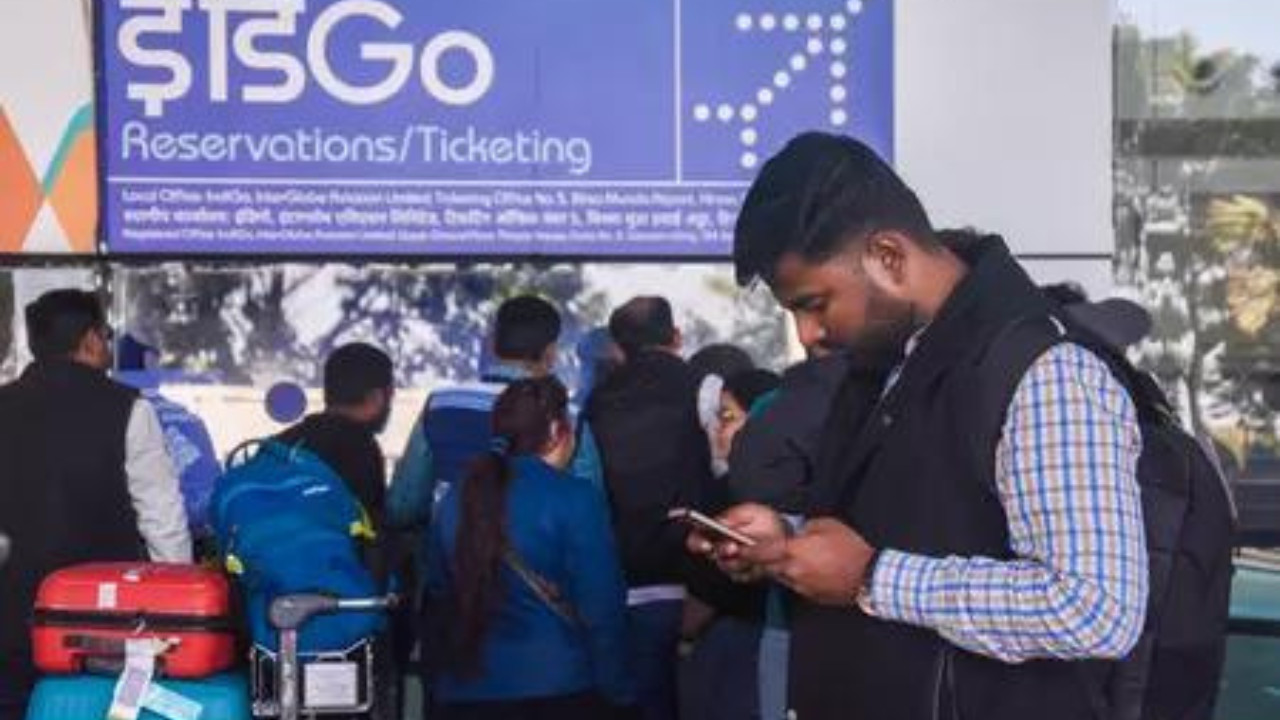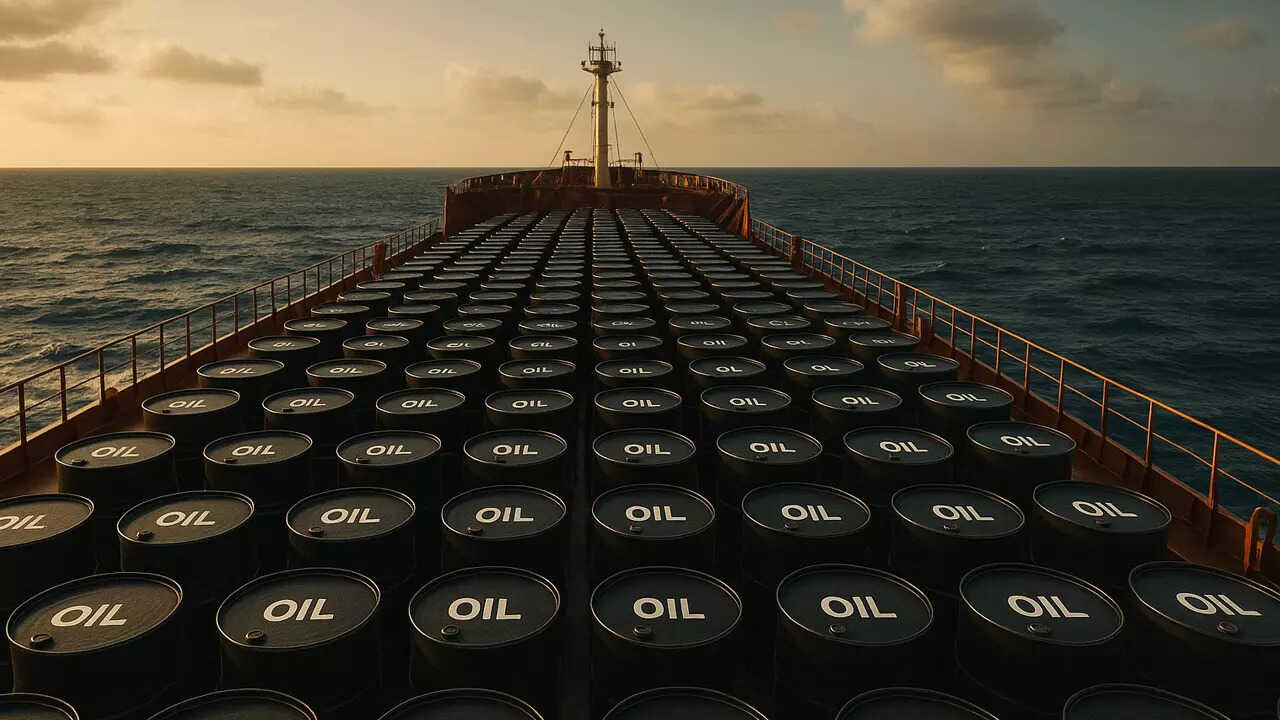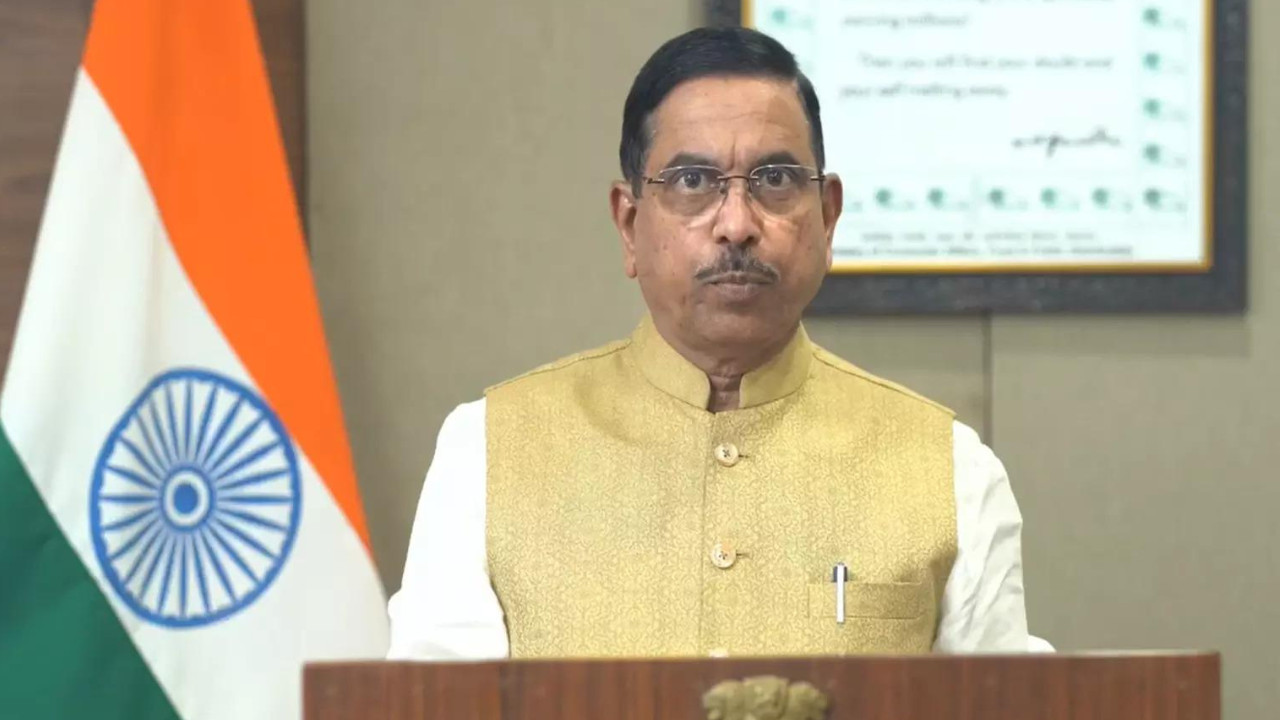Russian Foreign Minister Sergey Lavrov affirmed the stability of India-Russia relations despite US tariffs and political pressure. He noted India’s clear stance on independent foreign partnerships, choosing its own allies. Lavrov stressed that Moscow and New Delhi continue cooperation across sectors, even as Washington scrutinizes India’s oil purchases from Russia.
India Charts Its Own Course: Why the Indo-Russian Bond Endures
The narrative surrounding international relations often paints a picture of rigid alliances and unwavering loyalty. But the reality, especially in today’s rapidly evolving geopolitical landscape, is far more nuanced. Consider the enduring relationship between India and Russia – a partnership that continues to thrive despite external pressures and shifting global dynamics.
Foreign Minister Sergey Lavrov’s recent remarks underscored a simple yet powerful truth: India is a sovereign nation that makes its own decisions, choosing its partners based on its own national interests. This isn’t just diplomatic rhetoric; it’s a testament to India’s growing confidence on the world stage and its commitment to a multi-polar world order.
A History Forged in Mutual Benefit
The Indo-Russian relationship isn’t a recent development. It’s a bond built on decades of mutual respect, strategic cooperation, and economic interdependence. Dating back to the Cold War era, when India found itself somewhat isolated, the Soviet Union emerged as a reliable partner, providing crucial support for its industrial development and defense needs. This historical context is key to understanding the present-day dynamics.
Even with the collapse of the Soviet Union and the subsequent rise of a unipolar world, the relationship persisted, adapting to the new realities. Russia continued to be a major supplier of military hardware to India, a crucial component in India’s defense capabilities. This ongoing defense cooperation is not simply a matter of transactional convenience; it reflects a deep-seated trust and a shared understanding of regional security challenges.

Economic Ties That Bind
Beyond defense, economic cooperation forms another cornerstone of the Indo-Russian partnership. Trade between the two countries has seen significant growth in recent years, particularly in sectors like energy, pharmaceuticals, and technology. India’s growing energy needs, coupled with Russia’s vast reserves, have created a symbiotic relationship in the energy sector.
The development of the International North-South Transport Corridor (INSTC) further exemplifies this commitment to economic integration. This ambitious project aims to establish a multi-modal transportation network connecting India, Russia, Iran, and other countries in the region, promising to significantly reduce transit times and boost trade flows. Such initiatives are critical for fostering regional connectivity and promoting economic growth.
Navigating the Geopolitical Maze: India’s Strategic Autonomy
The elephant in the room, of course, is the ongoing conflict in Ukraine. The West has urged India to distance itself from Russia, imposing sanctions and applying diplomatic pressure. Yet, India has steadfastly maintained its neutral stance, calling for a peaceful resolution through dialogue and diplomacy.
This isn’t necessarily an endorsement of Russia’s actions. Instead, it reflects India’s commitment to strategic autonomy – the principle of making independent foreign policy decisions based on its own national interests, without succumbing to external pressure. India’s stance is also influenced by its energy security needs. Disruptions in the global energy market have made Russian oil a crucial lifeline for the Indian economy, helping to mitigate inflationary pressures and ensure stable supplies.
Read more about how India is expanding its global influence through trade and investment here.
A Partnership Under Pressure? Hardly.
Lavrov’s comments explicitly address the narrative that the Indo-Russian partnership is somehow “under threat.” He affirmed that the two countries are united in their vision of a multi-polar world, one where no single nation dominates and where international relations are based on mutual respect and cooperation. This shared vision provides a solid foundation for the future of their relationship, regardless of the geopolitical headwinds. The enduring strength of the partnership between India and Russia clearly demonstrates India’s strategic autonomy.
The Indo-Russian relationship is a complex tapestry woven with threads of history, strategic interests, and economic interdependence. While it may face external scrutiny and pressure, its resilience reflects India’s unwavering commitment to its own national interests and its vision of a multi-polar world. As India continues its ascent on the global stage, its partnership with Russia will undoubtedly remain a key pillar of its foreign policy strategy.
